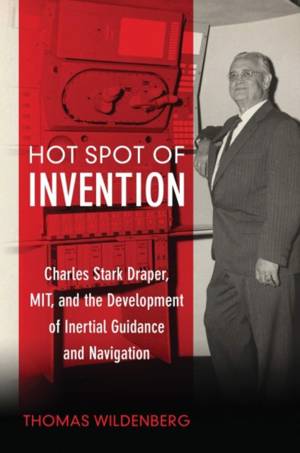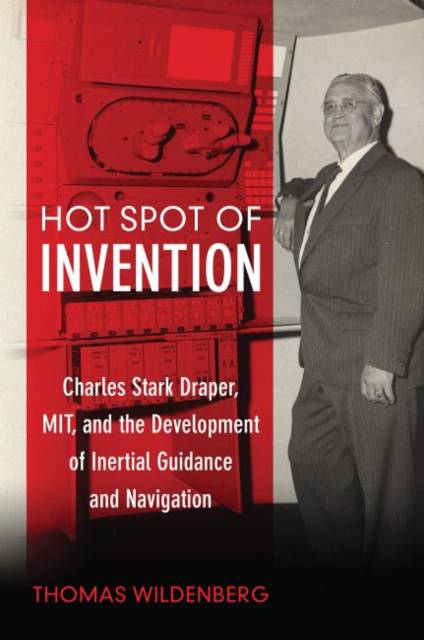
Bedankt voor het vertrouwen het afgelopen jaar! Om jou te bedanken bieden we GRATIS verzending (in België) aan op alles gedurende de hele maand januari.
- Afhalen na 1 uur in een winkel met voorraad
- In januari gratis thuislevering in België
- Ruim aanbod met 7 miljoen producten
Bedankt voor het vertrouwen het afgelopen jaar! Om jou te bedanken bieden we GRATIS verzending (in België) aan op alles gedurende de hele maand januari.
- Afhalen na 1 uur in een winkel met voorraad
- In januari gratis thuislevering in België
- Ruim aanbod met 7 miljoen producten
Zoeken
Hot Spot of Invention
Charles Stark Draper, MIT, and the Development of Inertial Guidance and Navigation
Thomas Wildenberg
Hardcover
€ 54,95
+ 109 punten
Omschrijving
A biography of Charles Stark 'Doc' Draper, the moving force behind the development of the floated gyroscope, which also acts as a chronological accounting of the MIT Instrumentation Laboratory and its contributions to the United States.
Specificaties
Betrokkenen
- Auteur(s):
- Uitgeverij:
Inhoud
- Aantal bladzijden:
- 320
Eigenschappen
- Productcode (EAN):
- 9781682474693
- Verschijningsdatum:
- 2/01/2020
- Uitvoering:
- Hardcover
- Afmetingen:
- 234 mm x 163 mm
- Gewicht:
- 654 g

Alleen bij Standaard Boekhandel
+ 109 punten op je klantenkaart van Standaard Boekhandel
Beoordelingen
We publiceren alleen reviews die voldoen aan de voorwaarden voor reviews. Bekijk onze voorwaarden voor reviews.









